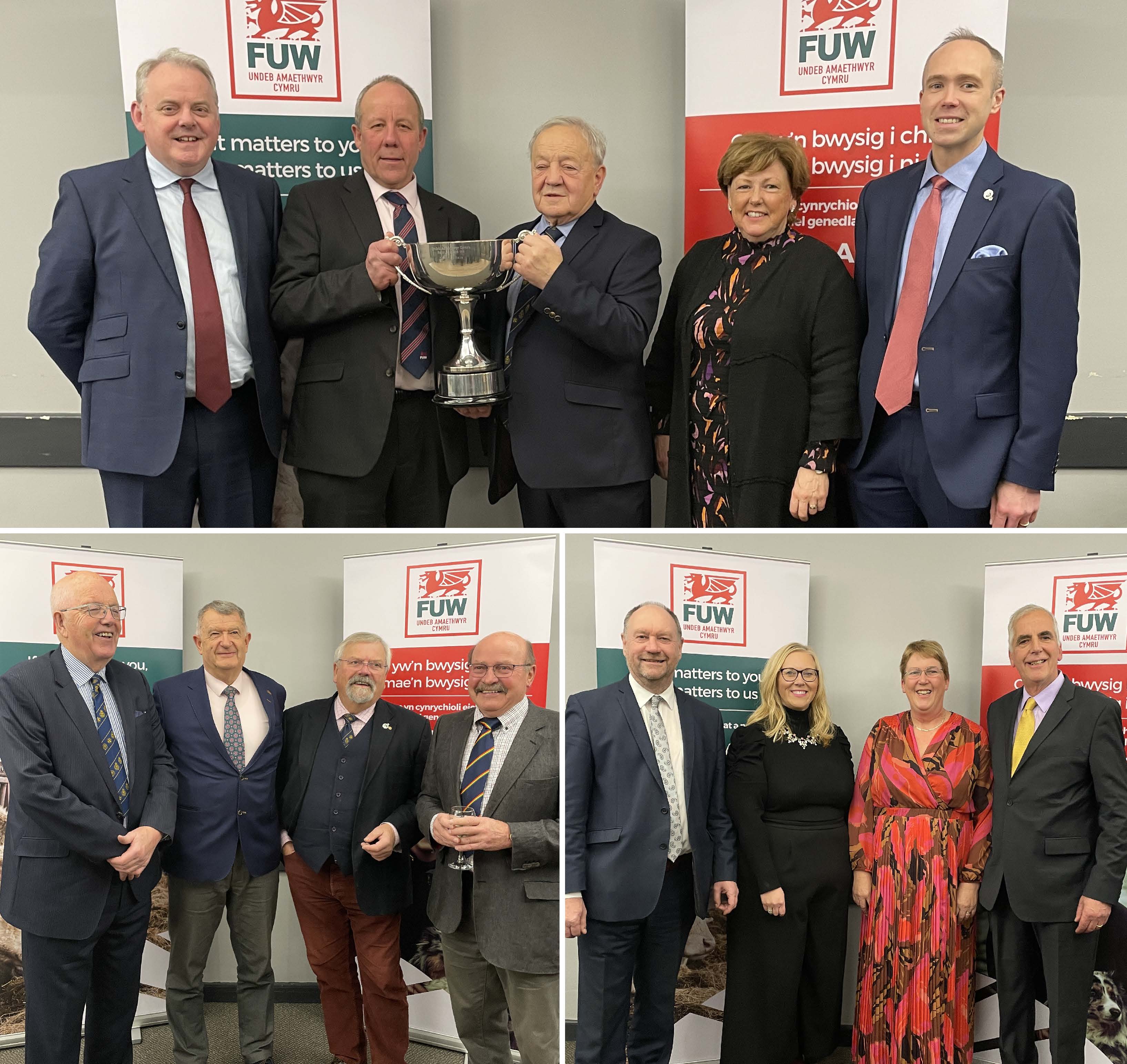The Farmers’ Union of Wales (FUW) says that the Scottish Government’s confirmation that direct farm support will continue in Scotland highlights the fundamental flaws inherent in Wales’ Sustainable Farming Scheme (SFS) proposals.
Scottish First Minister Humza Yousaf told NFU Scotland's spring conference on Friday (9th February) that 70% of future support will constitute direct farm payments to support food producers. The remaining 30% will be targeted at environmental measures, a ratio similar to current Scottish arrangements.
“By comparison, the Welsh Government’s proposed SFS, due to be introduced next year, would bring direct farm payments to an end completely while introducing a mountain of costly restrictions and requirements,” said FUW President, Ian Rickman.
“This would mean Welsh farmers competing at a huge disadvantage compared to our counterparts in Scotland, despite both our countries having a similar proportion of disadvantaged land where only livestock farming is possible.”
Around 85% of Scotland is classified as Less Favoured, while the proportion in Wales is 80%. In England it is just 17%.
Mr Yousaf also confirmed that a form of Less Favoured Areas support, which was abandoned in Wales in 2013, would continue in Scotland.
“The Welsh Government’s economic analysis published alongside their SFS consultation paper suggests all the rules and restrictions would lead to an 11% reduction in livestock numbers. It would also see a fall in average Welsh farm incomes of between 25 and 35 percent. This figure would rise to between 48% and 85% in the absence of possible ‘top-up’ payments,” said Mr Rickman.
“Now that we have left the EU, the UK effectively has its own single market but without the common payment rules. If Wales diverges from Scotland in the way proposed by Welsh Government, we would not only be disadvantaging our own farmers by introducing a mountain of rules not present for EU producers, but would also be placing our own industry at a huge competitive disadvantage compared to Scotland and handing business to the Scotts on a plate,” said Mr Rickman.
The FUW was a principled opponent of Brexit and after the vote to leave in 2016, argued for a robust replacement for the Common Agricultural Policy that minimised such unfair competition between UK nations. This was apparent in our comprehensive Filling the Void paper published in July 2018.
“This very sensible and economically advantageous move by the Scottish Government needs to be reflected by the Welsh Government when it considers the vast number of improvements that must be made to its current SFS proposals. What is proposed at present is destructive and economically naive, and would be a massive own goal for Wales’ farms, society, culture and economy.
“As we predicted, Brexit has failed Welsh farmers on many levels and the Welsh Government’s plans would merely add to the challenges we have faced since 2016,” he added.








